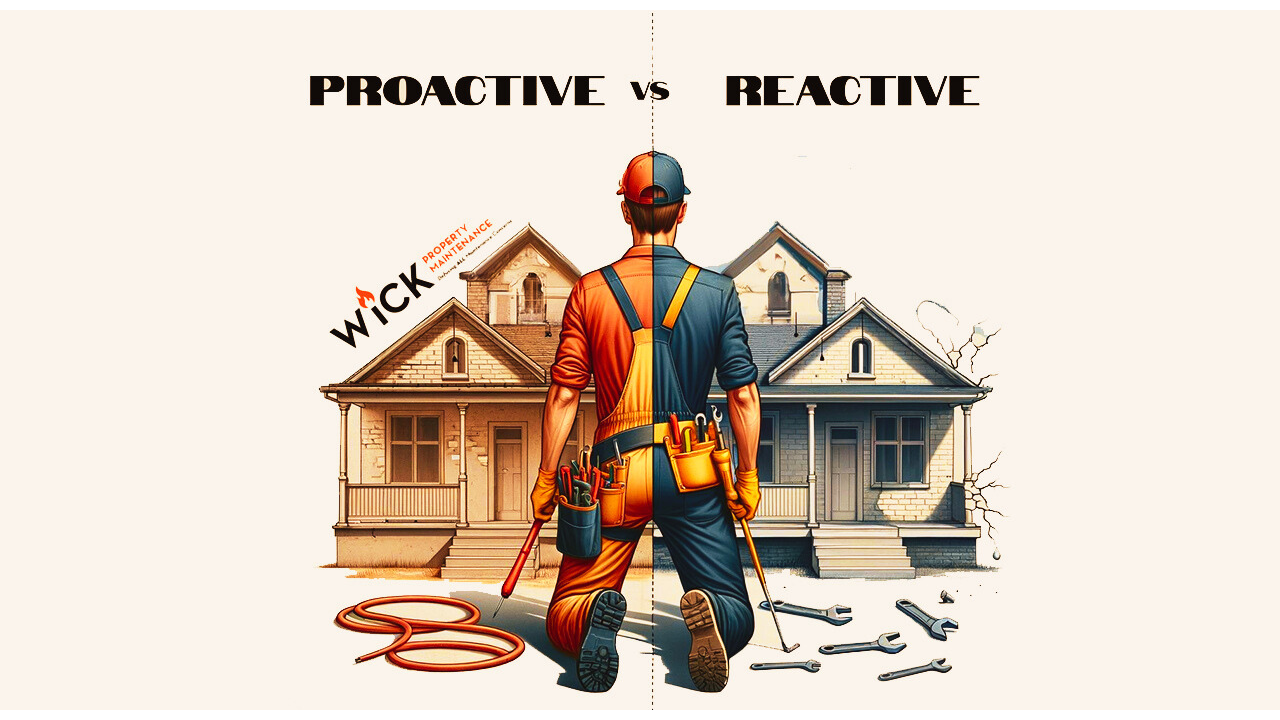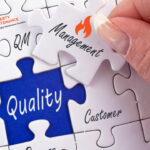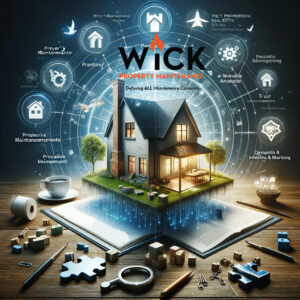
Winterizing Rental Properties: Understanding the Impact of Proactive vs. Reactive Maintenance
Proactive vs. Reactive: A Comparative Approach
Understanding what can happen when actions are not taken (reactive issues) versus when they are taken (proactive solutions) can significantly influence the efficiency and cost-effectiveness of managing your property during winter.
Proactive Actions and Their Benefits:
Heating System Servicing:
- Proactive: Regular servicing ensures efficient operation and prevents breakdowns.
- Reactive Consequence: Neglect can lead to system failure, resulting in urgent, expensive repairs and unhappy tenants.
Pipe Insulation:
- Proactive: Insulating pipes prevents freezing and bursting.
- Reactive Consequence: Uninsulated pipes can freeze and burst, causing significant water damage and costly repairs.
Sealing Drafts:
- Proactive: Sealing gaps around windows and doors maintains warmth and reduces heating costs.
- Reactive Consequence: Ignoring drafts leads to increased heating bills and discomfort for tenants.
Gutter Cleaning and Roof Inspection:
- Proactive: Regular maintenance prevents water damage and ice dams.
- Reactive Consequence: Blocked gutters and roof issues can cause leaks and structural damage.
Tree Trimming:
- Proactive: Trimming prevents branches from breaking under snow weight.
- Reactive Consequence: Overhanging, untrimmed branches can fall, causing property damage or injury.
Snow Removal Plan:
- Proactive: Having a plan ensures timely snow clearance.
- Reactive Consequence: Delayed snow removal can lead to inaccessible or unsafe property conditions.
Reactive Scenarios and the Need for Quick Response:
Heating System Failures: Immediate action is necessary to restore heat and prevent tenant discomfort and potential legal issues.
Burst Pipes: Requires urgent repair to prevent extensive water damage and maintain water supply.
Heavy Snow and Ice Accumulation: Immediate removal is essential to prevent roof damage and ensure safe access to the property.
Emergency Repairs (e.g., Roof Leaks): Prompt action is needed to prevent further damage to the property and maintain a safe living environment for tenants.
Tenant Education: A Crucial Element: Informing tenants about their role in maintenance, from keeping thermostats at appropriate levels to reporting issues promptly, is key in both proactive and reactive maintenance.
Legal and Safety Considerations: Stay compliant with local housing regulations and ensure all safety equipment is functional.
Balancing Proactive and Reactive Approaches
At Wick Property Maintenance, we emphasize the importance of a balanced approach. Proactive maintenance can prevent many issues and save costs in the long run, but being prepared for reactive scenarios is equally crucial. This winter, let’s ensure your rental properties are well-prepared, safe, and comfortable for all tenants. Remember, effective property management is about anticipating the future and being ready for the unexpected.

 Previous Post
Previous Post Next Post
Next Post


